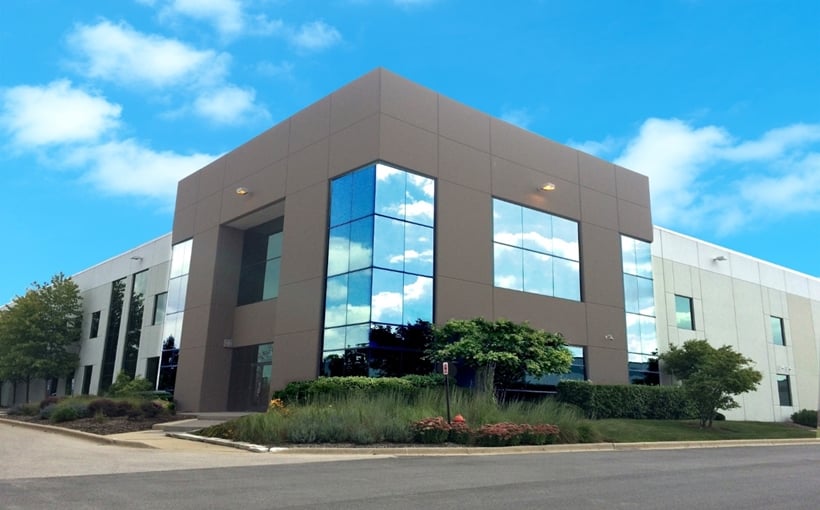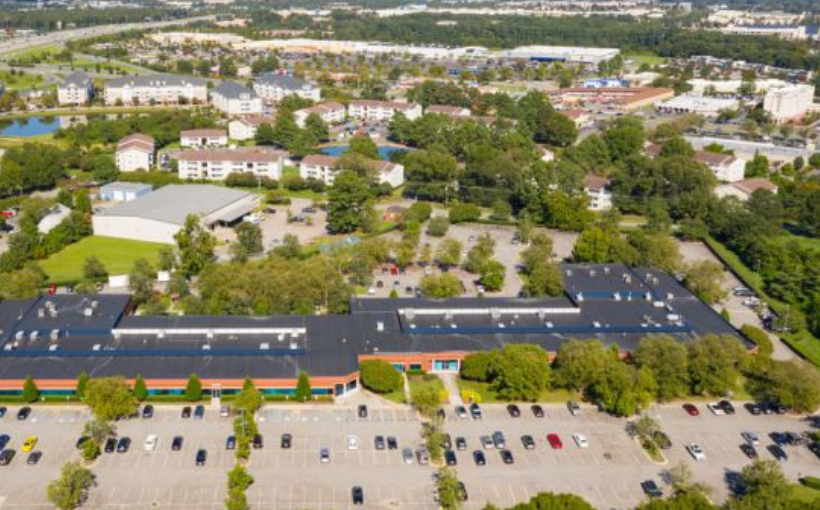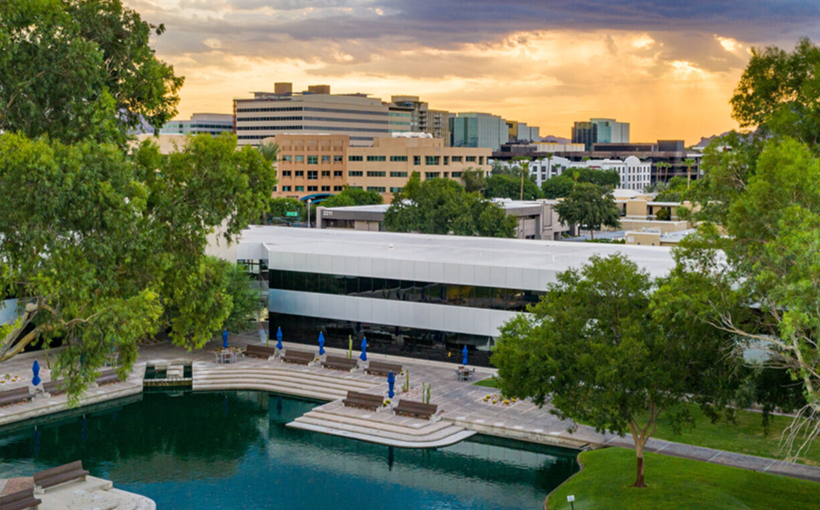The Role of Technology in Prologis’ Global Sustainability Initiatives
Sustainable development in commercial real estate has gained significant attention, particularly with the rise of LEED Platinum-certified office towers. However, industrial owner-developers are also leading the way in this movement. At a recent CREtech conference in New York, Connect CRE spoke with Suzanne Fallender, VP and Global Head of ESG at Prologis to gain insights into their company’s initiatives.
Q: What are some key themes driving Prologis’ global sustainability efforts and how does technology play a role?
A: Our focus on integrating sustainability into our core business and meeting customer needs is crucial. As the world’s largest logistics real estate provider, we construct all our buildings to meet sustainable certification standards. Additionally, we’re expanding solar energy options for customers and building more electric vehicle charging infrastructure to support their mobility requirements.
To achieve our 2040 net-zero goal, every eligible building will have solar-ready rooftops and be equipped for EV chargers while undergoing third-party lifecycle assessments as per new sustainable building standards.
Technology plays a vital role here by collecting data on building performance which helps us optimize operations towards achieving net-zero emissions goals. We also use technology to track energy generation from solar panels as well as usage from EV initiatives.
We leverage technology further by assessing climate-related risks through an internal tool that uses data from leading global reinsurers along with natural hazard factors and GHG emissions trajectory scenarios across three different levels. A proprietary dashboard allows us to assess potential impacts of extreme weather conditions such as frequent natural disasters so that we can strategically improve asset resilience accordingly.
Q: Does Prologis rely primarily on external proptech vendors or internal expertise?
A: Our approach involves both external proptech partners along with an internal team dedicated towards implementing tech solutions within our organization over five years now where they’ve collected extensive datasets while automating processes like Scope 3 emissions tracking.
We stay ahead of the curve with our Prologis Ventures team, which has invested over $180 million in nearly 40 early- and growth-stage companies across three main verticals: supply chain transformation; digital buildings and infrastructure; and real estate and construction. We also invest in startups addressing energy efficiency needs such as tools to track fleet vehicle emissions or solutions for solar panel recycling.
Q: What is the most significant benefit of technology when it comes to sustainability?
A: The primary advantage is improved decision-making by prioritizing action items. For Prologis, 99.9% of our emissions are Scope 3 – primarily driven by customer energy usage and construction activities. Data-driven analytics help us identify baselines while developing strategies for emission reductions like exploring low-carbon concrete or steel options or identifying customers who could benefit from rooftop solar based on their energy consumption data.
Q: Has technology enabled progress that would have been impossible otherwise?
A: Technology has transformed global supply chains significantly, enabling next-day deliveries through various innovations at every stage – from locating products within warehouses to delivering them efficiently using advanced systems like racking, forklifts, solar panels, EV charging stations etc., all contributing towards making this process more efficient overall. With a vast portfolio spanning over six thousand buildings across nineteen countries totaling up to approximately one billion square feet globally – having tech systems that track building attributes along with performance data on renewable energy sources like solar panels & EV chargers plays a critical role in achieving these goals today compared to what was possible just ten years ago.
The article “Prologis’ Suzanne Fallender on the Link Between Industrial ESG & Tech” originally appeared on Connect CRE.




